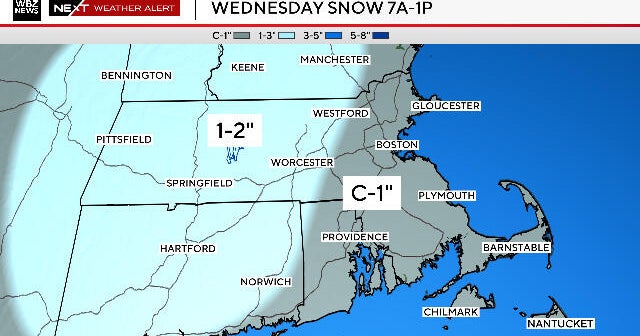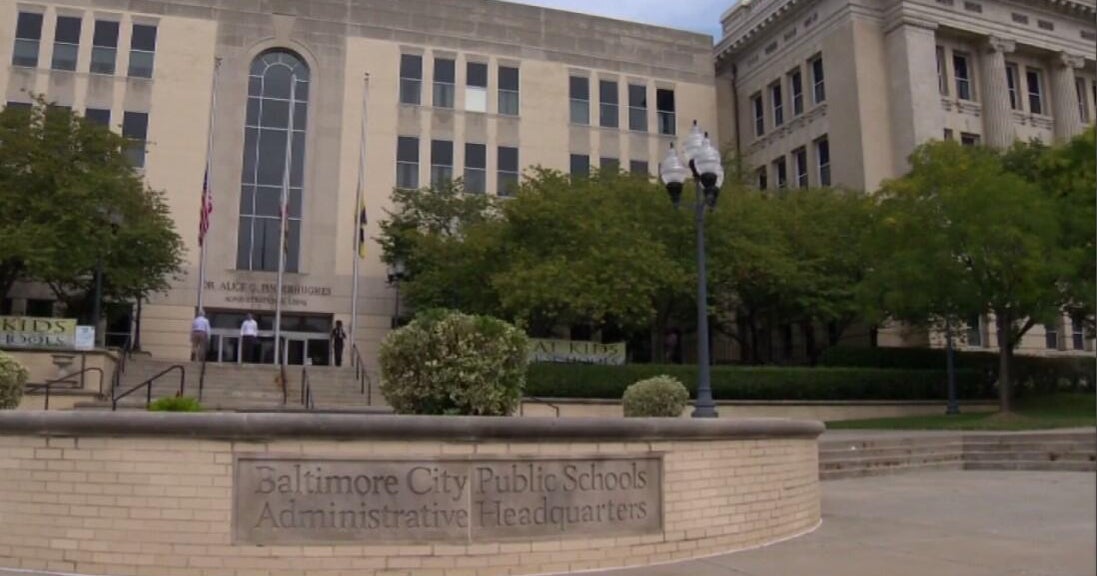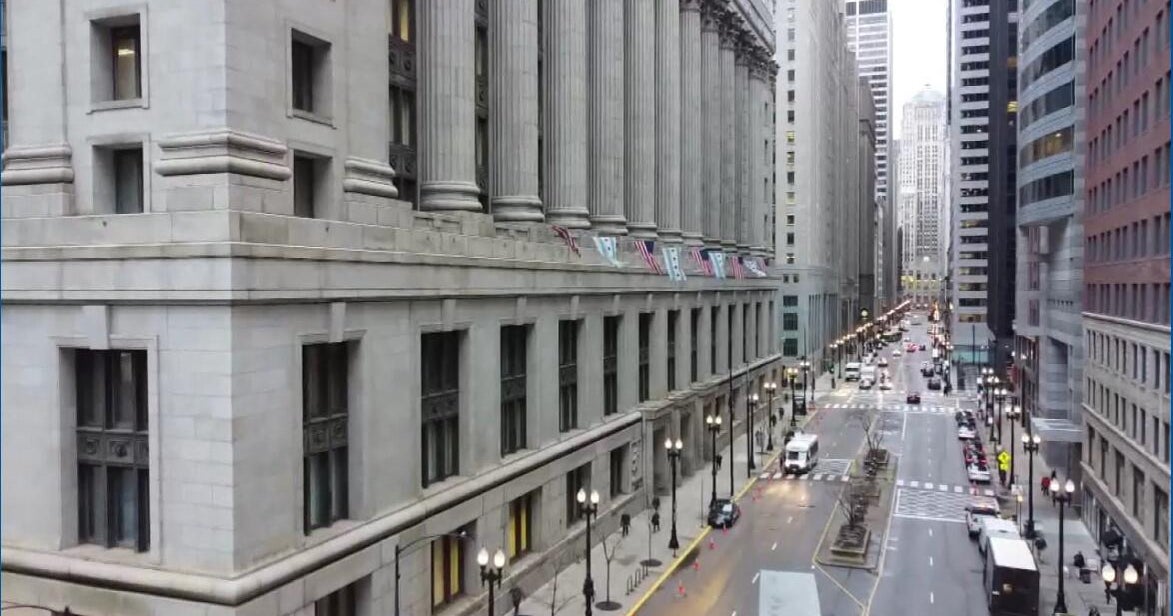Looking at Boston's future as sea levels continue to rise
BOSTON - Our oceans are rising, our beaches are being ripped away, and houses swept to sea. Here in New England, there is reason for immediate concern.
"We are experiencing rates a little bit faster than other parts of the country… just because our land is sinking and the same time the ocean levels are rising," explains Greg Berman, coastal processes specialist with the Sea Grant program with Woods Hole Oceanographic Institution and Cape Cod Cooperative Extension.
Receding glaciers have been contributing water to our global oceans for tens of thousands of years and they haven't stopped.
"Specifically for Massachusetts. We've had about a foot of sea level rise over the last 100 years, and we're probably, going to see about that much again over the next 30 years. So we're talking about a rate that is almost three times as much as we've experienced," Berman states.
After thousands of years of relatively stable sea level, rates have increased dramatically, like a hockey stick, since the 20th century.
"What that means is not just nuisance flooding… so that's higher high tides… not essentially associated with a storm… so areas that would see a flood event every ten years… might be seeing that every year, and other areas may be seeing that multiple times a year," Berman tells WBZ.
More flooding, even on a sunny day in Boston during a King Tide. Expect to see walkways inundated with ocean water, and vulnerable property along the coast at risk moving forward as the city is home to 47 miles of coastline.
"I think Boston has been very forward looking… our state is actually one of the top tier of actually acknowledging and addressing these climate change impacts," Berman states.
Climate Ready Boston is the city's initiative since 2016 to plan and prepare communities and neighborhoods for the long-term impacts of climate change including sea level rise and coastal flooding. While a number of projects are in progress, Langone Park and Puopolo playground in the North End is one of three completed projects within the Boston Park system that used the new design standards.
The multi-million dollar renovation project in the North End includes elevating the harbor walk and fields to get out of the flood zone and adding an additional layer of flood protection by creatively making a seating area, a more structurally sound seawall to prevent flooding.
"It gets really difficult when we get into that high developed, high density area… especially a lot of our coastal cities were built on top of marshes… they didn't have the elevation, fill got brought in and now you have the double impact of dense development in a vulnerable area… and additionally those marshes aren't there, those marshes… used to absorb some of the floodwaters coming in," Berman explains.
Another possible nature base solution could be the Emerald Tutu. A hopeful future choice for green infrastructure. It's a floating wetland, that would function as a marsh without being a marsh. It was designed by a Northeastern professor and collaborators.
"It's a network of floating marsh mats. They are interconnected and in the near shore environment off the coast… of cities and coastal environments and they work to both the physical mats themselves and the forces between the mats, through their connected mooring system, dampen the wave energy as they approach the shoreline," explains Louiza Wise.
Each module is about seven feet in diameter and three feet deep compressed and planted with a smooth cord grass to be really hardy and natural in the coastal environment. The interconnected floating mats can be arranged in a way to protect urban coasts like Boston from sea level rise and intensified storms.
"Our long term vision is to see thousands of these along the coastline… and it would be pretty amazing to see the harbor dotted with these tiny little marsh mats," says Louiza Wise.
"I mean 1 foot, 2 foot, 3 feet… they are all going to happen… it's just when are they going to happen… If we can make choices… as a society… as a world, to slow down that sea level rise, the impacts we might see in 50 years, might take a 100 years… and it's a lot less expensive and less painful to adjust over a longer timeframe," Berman states.










